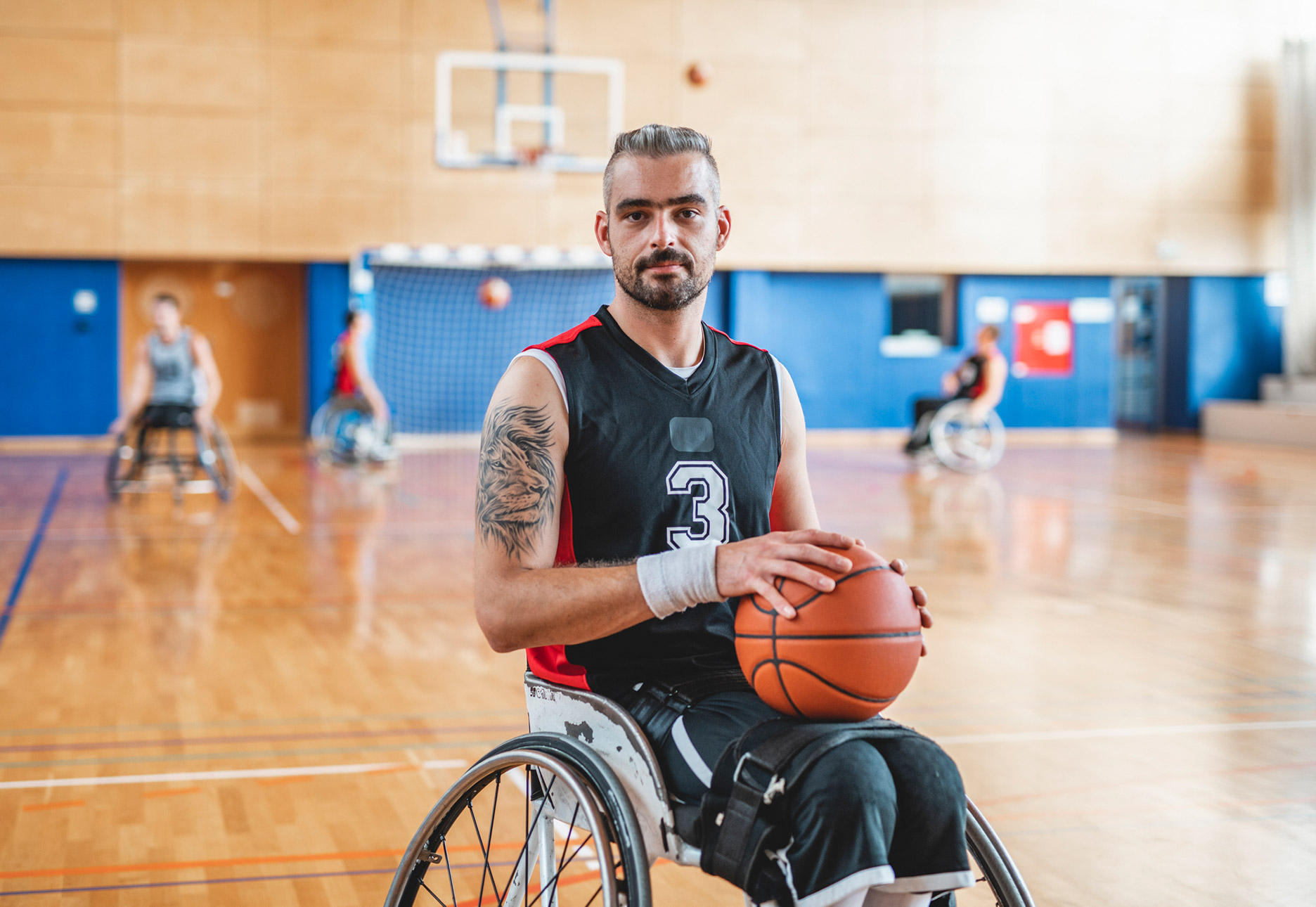Summer is often a time filled with many celebrations. Recently, we recognized Juneteenth and the 4th of July. Equally important to celebrate is the 31st anniversary of the passage of the Americans with Disabilities Act (ADA), which provided opportunities for all people to have equal access to engagement within functions of society. Signed into law in 1990 by President George H.W. Bush, the ADA not only ensured access, but it also helped to reframe the way Americans view persons with disabilities (Lombard, 2018). July 26th, 2021 is National Disability Independence Day and Baker College is celebrating!
Prior to the passage of the Americans with Disabilities Act (ADA), people with disabilities were viewed with pity, having diminished value in society (“United States,” 2019). Did you know there were no requirements for closed-captioning, automatic door openers, braille buttons on elevators, or accessible bathrooms prior to ADA? The ADA was signed into law just 30 years ago! Many of us take our abilities for granted, but imagine trying to navigate a world where accommodations did not exist. Since that time, the ADA has been expanded to remove environmental barriers through Accessibility Guidelines. These guidelines ensure infrastructure design that is mindful of people with disabilities. ADA guidelines continue to evolve, as they are tested in the courts, including appropriate accommodations both in the classroom and work environments (ADA, 2021).
By providing equal access to education, employment, entertainment, facilities, and more, the ADA has been crucial in creating policies, practices, and views to foster a more inclusive environment. Baker College continually works to ensure that our campuses are accessible and instructional methods are designed in ways that support inclusion for all abilities. If one were to visit any of our campuses, they would find facilities equipped with automatic doors, braille elevator buttons, accessible bathrooms, passageways designed for mobility aids, and alarms that use both sound and light to send alerts. Moreover, in our classrooms, we have tools to provide screen readers, video content has captioning, and ebooks are available to help with many learning disabilities. We are also continuing to work with staff and faculty so they are aware of the many accommodations that are available to help every student be successful.
Baker College’s Academic Accessibility Team wants to ensure every student’s needs are accommodated within our classrooms and on campus. Visit Baker College’s disability services page for more information about equal access at our institution and to contact our Disability Services Specialist. Also important to note is that ADA accommodations aren’t just available for students. Faculty and staff can find more information in the Employee Handbook or can contact Human Resources at [email protected].
For more information about ADA, click on each of the following resources:
- ADA
- Reframe the way Americans view persons with disabilities
- Having diminished value in society
- Accessibility guidelines
- Tested in the courts
- Disability Services page
References
ADA.gov. ADA Enforcement. (2021). https://www.ada.gov/enforce_current.htm.
Lombard, S. (2018, July 30). 8 ways in which the Americans with Disabilities Act changed everyone’s lives. National Museum of American History. https://americanhistory.si.edu/blog/8-ways-which-americans-disabilities-act-changed-everyones-lives.
United States Department of the Interior. (2019). Disability History: The Disability Rights Movement (U.S. National Park Service). National Parks Service. https://www.nps.gov/articles/disabilityhistoryrightsmovement.htm.


